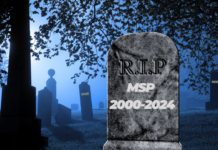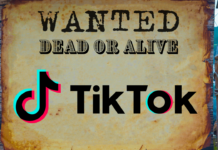The Supreme Court of the Netherlands today reaffirmed that it is lawful to make the filesharing software KaZaA publicly available. This court is the first Supreme Court or other national high court ruling on the legality of peer-to-peer technologies such as KaZaA. The outcome of the case, brought in a counter-suit by music rights society Buma/Stemra, has been closely watched by the entertainment industry, technology businesses and consumer advocates. This victory sets the precedent about the legality of peer-to-peer technology across the European Union, and around the world.
The decision of the Supreme Court confirms a March 2002 ruling of the Amsterdam Court of Appeal. The Court of Appeal determined that the offering of KaZaA does not result in direct copyright infringement nor is otherwise unlawful towards the plaintiff Buma/Stemra.
The KaZaA program enables Internet users to share multiple types of files. Once the program is downloaded from the Internet and installed on a PC, users can share files and download files from other users. This is done without any intervention of KaZaA or others. Among the files that the KaZaA users may exchange are copyrighted music files. Buma/Stemra objected to the KaZaA software because of the copyrighted music files offered by users. The Supreme Court has ruled that Buma/Stemra had no right to object to the software providers.
Niklas Zennstrom and Janus Friis, the founders of KaZaA, call the ruling a “historic victory for the evolution of the Internet and for consumers.”
The Supreme Court did not rule on the issue of whether individual file-sharers violate the copyrights of the music industry. In the United States, the music industry has filed suit against hundreds of individuals.
In February 2002, the founders sold KaZaA to the Australian company Sharman Networks. Zennstrom and Friis have since continued to develop new businesses around peer-to-peer technologies. Zennstrom and Friis’s latest company, Skype (www.skype.com), is currently in a global beta. The Skype software program enables peer-to-peer telephony, allowing consumers to make free, high-quality and unlimited calls via the Internet. Skype has been downloaded more than 4 million times since August.












